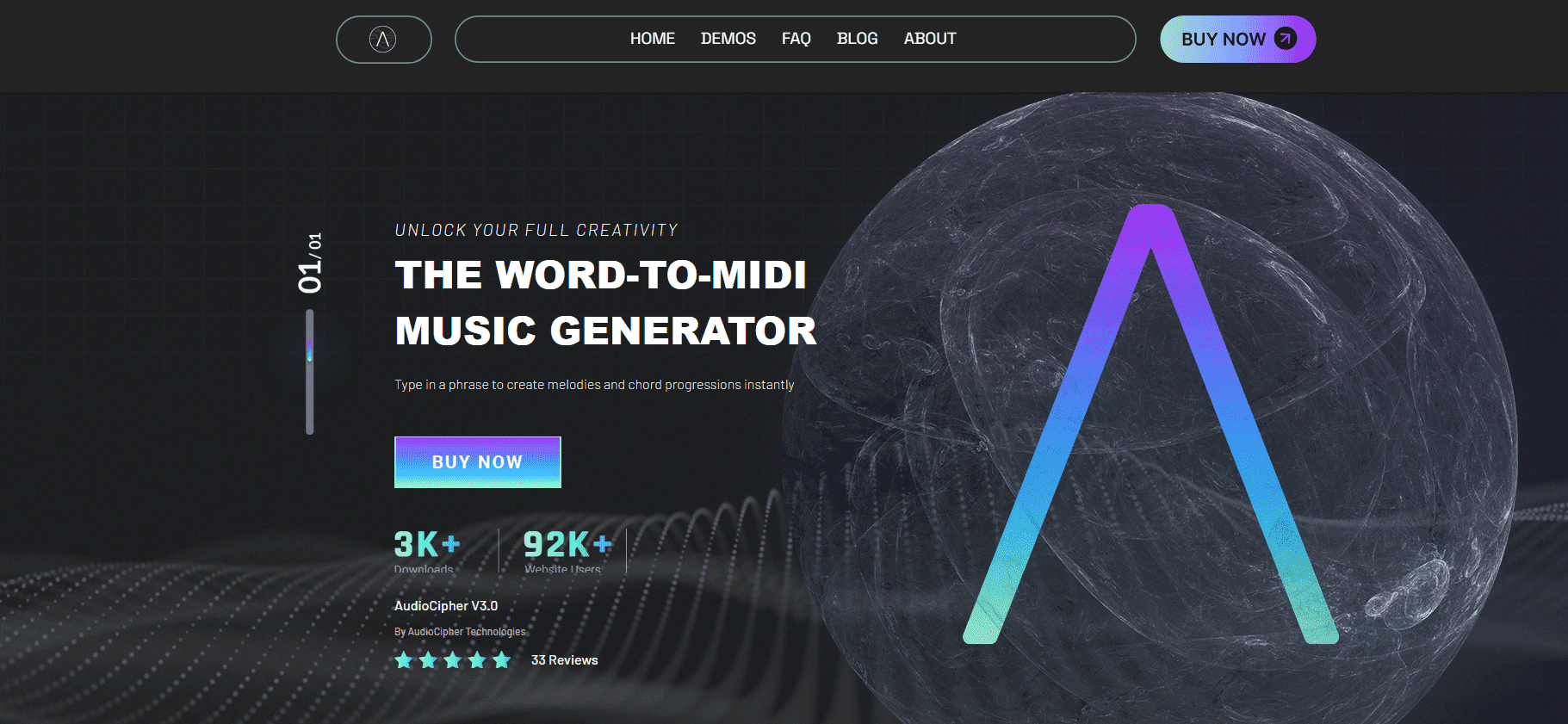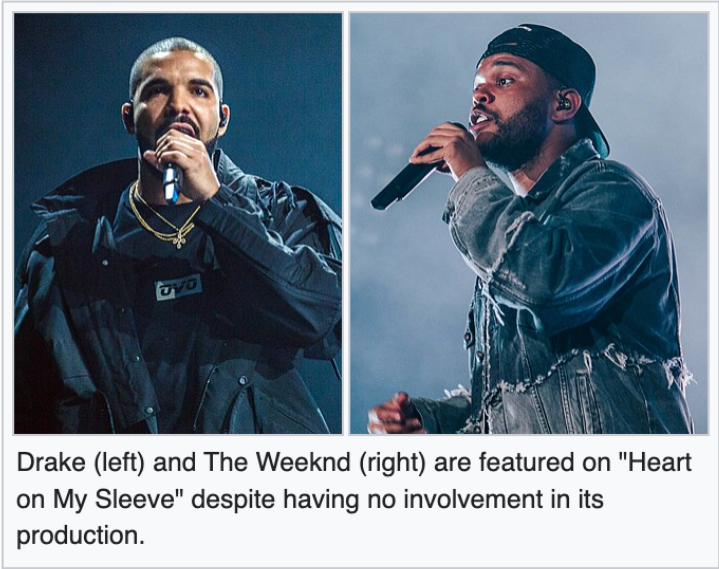Friedrich Nietzsche once wrote, “Without music, life would be a mistake.” Unfortunately, neither artificial intelligence (AI) nor AI-generated music existed in Nietzsche’s times. For then, he might have written something on the confusion surrounding AI Music Copyright as well.
While the joke isn’t great, the confusion surrounding AI Music is. Copyright protection is crucial for content creation in this digital age. But without a proper system governing the ownership and copyrightability of AI-generated music, defining what’s acceptable—and what’s not—becomes tricky.
So, what does AI-generated music entail? Who owns it? Does it come under copyright laws and exceptions? Are there any legal issues that AI music brings?
I had similar questions when going through AI music generators, and that’s when I decided to dig into the details. In this article, let’s take a closer look at the legal aspects of AI music, so if you are considering using AI music, you can stay on the safer side!
Understanding AI-Generated Music
Music generation using AI is a complex process in the backend as it involves processes and models that are—well, complex. Nevertheless, here is how the process of music generation using AI looks from the surface level:
- AI algorithms are provided with a large number of datasets. In other words, AI listens to loads of songs and other musical pieces, remembering little details like melodies, lyrics, rhymes, rhythms, and so on—thanks to machine learning that makes it possible.
- Next comes the part about connecting the dots, i.e., finding similarities and relationships and understanding the patterns across different musical pieces. This is possible through neural networks, which are mathematical learning models inspired by the “network of neurons” in the human brain.
- Once the AI model learns and understands the input, it can make its own intelligent decisions and produce music on the prompt or idea you provide, and boom! You have an AI-generated song.
AI can be used in the realm of music production in several ways. AI tools can be used to produce musical scores or generate “deep-fake” voice replications of artists’ voices. Tools like ChatGPT and Bard (now Gemini) can generate lyrics. AI-powered software like LANDR can even mix and master music tracks.
AI In Music: Boon Or Bane?
AI-generated music and songs have several benefits to back them. But at the same time, they also pose several challenges that seem tricky to deal with.
On the bright side:
- AI systems simplify and accelerate the music creation process.
- They can produce unique melodies and harmonies in bursts within seconds, helping artists with experimentation and innovation.
- They also bridge the gap between talent and resources, enabling people to create music without having the budget or instruments.
On the other hand:
- There are concerns about the quality of AI music. It often lacks depth and emotions.
- AI can never really be creative the human way and also raises questions of originality.
- Then there are also concerns about AI music replacing human artists and musicians.
Which of the two sides weighs more? It’s too soon to decide.
Can You Protect AI-generated Music With Copyright?
For a work to be eligible for copyright protection, it must fulfill two simple yet essential requirements: originality and fixation.
Originality simply means that the material must not be a direct copy of another copyrighted material. It’s okay to produce work inspired by someone else’s work, but it must have some level of uniqueness or creativity that makes it different from any other work.
Fixation asserts that the work must be in a form that can be viewed, consumed, reproduced, and distributed. For example, you can have a story in your head, but it can’t be copyrighted until you write it down or express it in any other form.
In the case of AI-generated music, a third factor comes into play—human authorship. Copyright laws are defined for human work, not AI-generated pieces. So, how does copyright protect AI-generated music? That’s for the next section.
Who Owns AI Music?
In most countries, existing copyright laws do not apply to any material that’s not produced by humans, due to which getting ownership of AI-generated music is difficult. That said, there is still a ray of hope if you want to get legal ownership for AI-produced works you have created.

On March 15, 2023, the Copyright Office issued some new guidelines to “clarify” its stance on AI-generated works. The Office maintained that works generated using AI with just a “prompt” from a human would not qualify for ownership.
However, the copyright law may apply to AI works if there has been sufficient human involvement, such as creative rearrangement or modification, in the process.
So, if you ask an AI tool like Mubert to “generate a track in the style of Drake,” the resultant music might not be copyrightable.
However, you might become a legal owner if you take inspiration from the generated music, edit it with your creativity, and produce a final musical piece that’s sufficiently different from the AI-generated piece.
What Are The Legal Issues With AI In Music?
While developments around the ownership and legality of AI-generated music are steadily happening, the legality surrounding the use of AI in music production remains uncertain as of now.
The first issue is the one we have discussed so far—that of the copyrightability of AI-generated music. The guidelines of the Copyright Office have put forward a case-by-case criteria that seems decent for now. However, the guidelines are subject to change as AI music becomes more prevalent.
On the other hand, there is a legal debate about using existing copyrighted works as training data for generative AI tools.
Some experts argue that this use infringes the copyright of the real owner. Others propose that it qualifies as “fair use” and related exceptions and hence is not copyright infringement.
There are more twisted questions, too. For example, suppose you get the copyright for a song you made using AI. Now, if someone uses this song to create another song using AI, does it infringe on your copyright?
There are several such questions. But only time will give the answers.
Can You Sell AI-Generated Music In 2024?
If you love creating great music using AI, it’s natural to think of the earning possibilities that await you. But the question is, can you sell AI-generated music?
Well, I can’t give you appropriate legal advice. So, it’s best to consult a legal practitioner to understand the legal landscape in your country or region before trying to sell AI-generated music in bulk since you don’t legally own the music piece.
That said, generating high-quality music using AI can be a monetizable skill. You can use AI tools to generate music and then sell it to people who need it, such as YouTube creators who want to add music to their videos or independent game developers who need sound effects and music for their games.
Current Developments And Future Implications
The opinion on the use of AI in music is largely divided. While some people have been pleasantly baffled by AI’s revolutionary impacts, others oppose it because of the apparent threats it poses to traditional music.
In April 2023, an anonymous TikToker with the username Ghostwriter977 created an AI-generated song called heart on my sleeve that sounded almost exactly like a real collaboration between renowned artists Drake and The Weeknd.

While the song became an instant hit, it was taken down from all platforms after the artists’ record label, Universal Music Group, claimed the songs on vague legal grounds.
As a contrasting example, renowned artists Paul McCartney and Ringo Starr used AI to complete and release their “last Beatles song,” Now and Then, which was originally written by John Lennon in 1977. This is a clear example of how AI can take music production to the next level.
These two examples represent the current situation of AI in music.
It’s clear that AI offers a new way of expressing and creating art and can assist in the process of music production. But it’s also true that its excessive use can adversely affect artists, consumers, and human creativity as a whole.
Final Thoughts: Most Countries Copyright Law Do Not Cover Copyright Currently
Like any new technology, AI in Music is lately facing opposition even as pioneers are recognizing its capabilities. The confusion around the ownership and copyrightability of AI-generated music is evident. And so are the legal troubles involved in producing and distributing such music.
However, the good news is that governing organizations like the Copyright Office are slowly taking the first steps toward regulating AI in music. And that’s good because AI is here to stay. The best way to deal with it is to see it as a collaborator of human creativity rather than its replacement.
Related Read:
FAQs
AI-generated works are copyright-free in most cases. However, because of the lack of appropriate laws, it’s best to avoid mass-distributing AI work that resembles a copyrighted work.
Most countries’ copyright laws currently don’t cover AI-generated content. But laws may likely change as AI music becomes a norm in the future.
It’s not illegal to generate music using AI. However, the legality surrounding the ownership, copyright, and sharing rights of AI-generated music depends on the region and extent of human involvement in the process.
You can publish an AI-written song as long as the song—in whole or part—does not infringe anyone’s existing copyright.